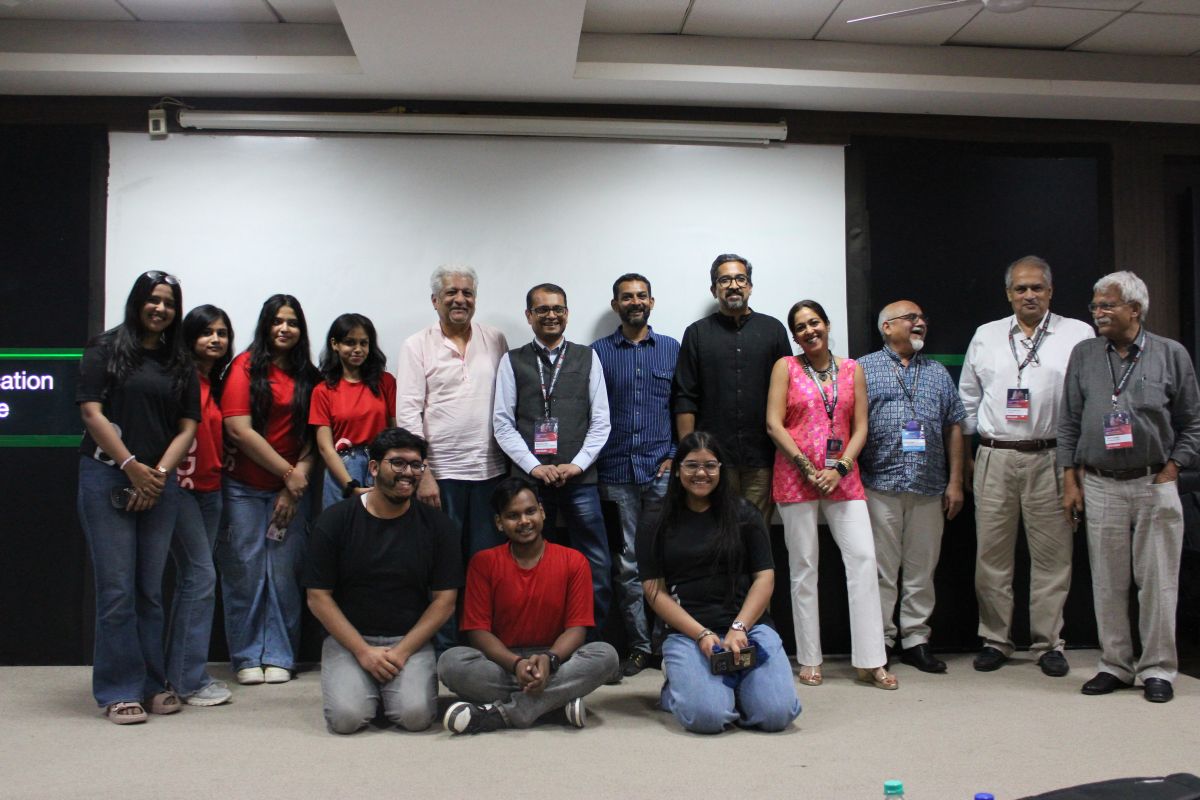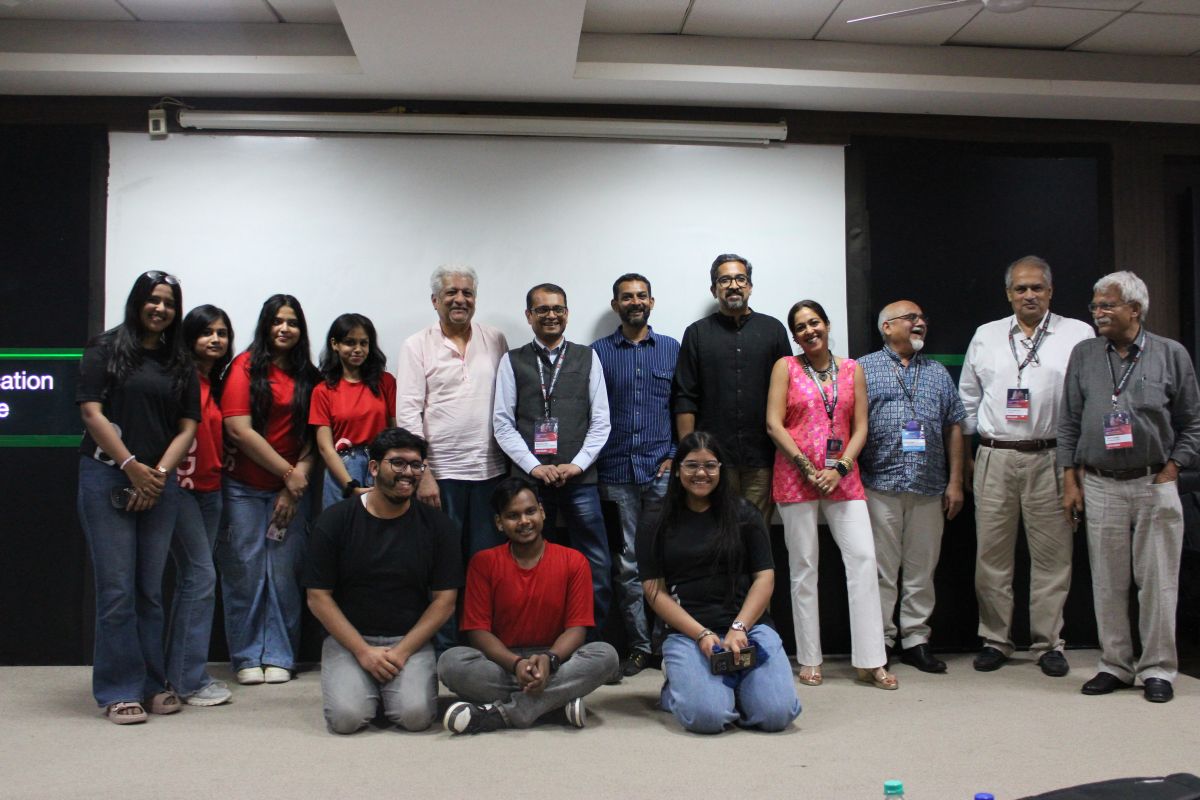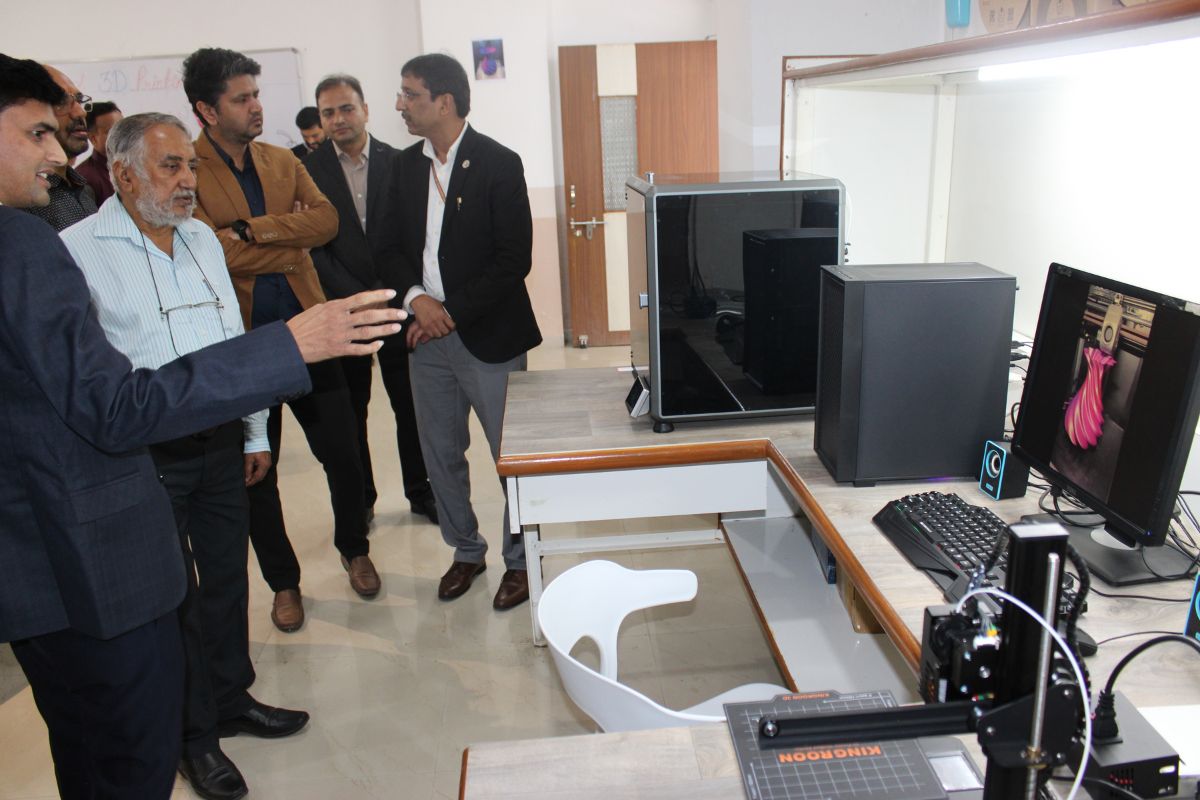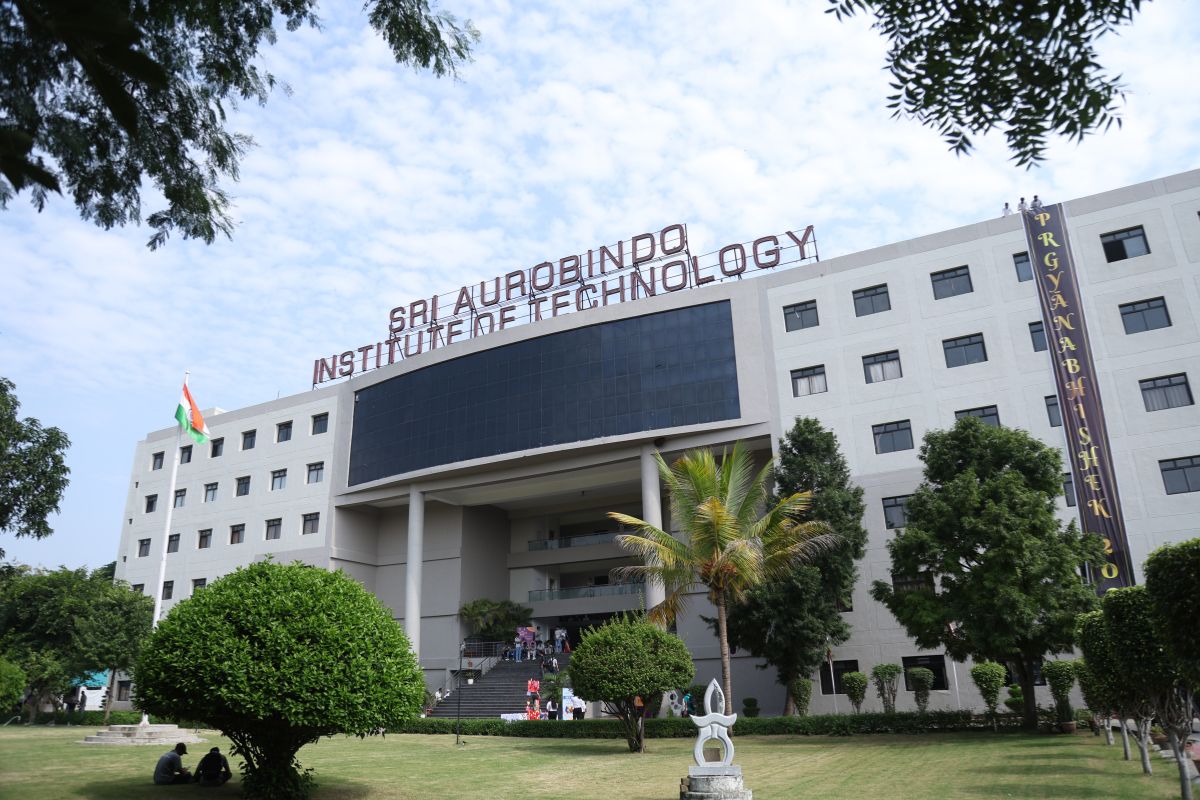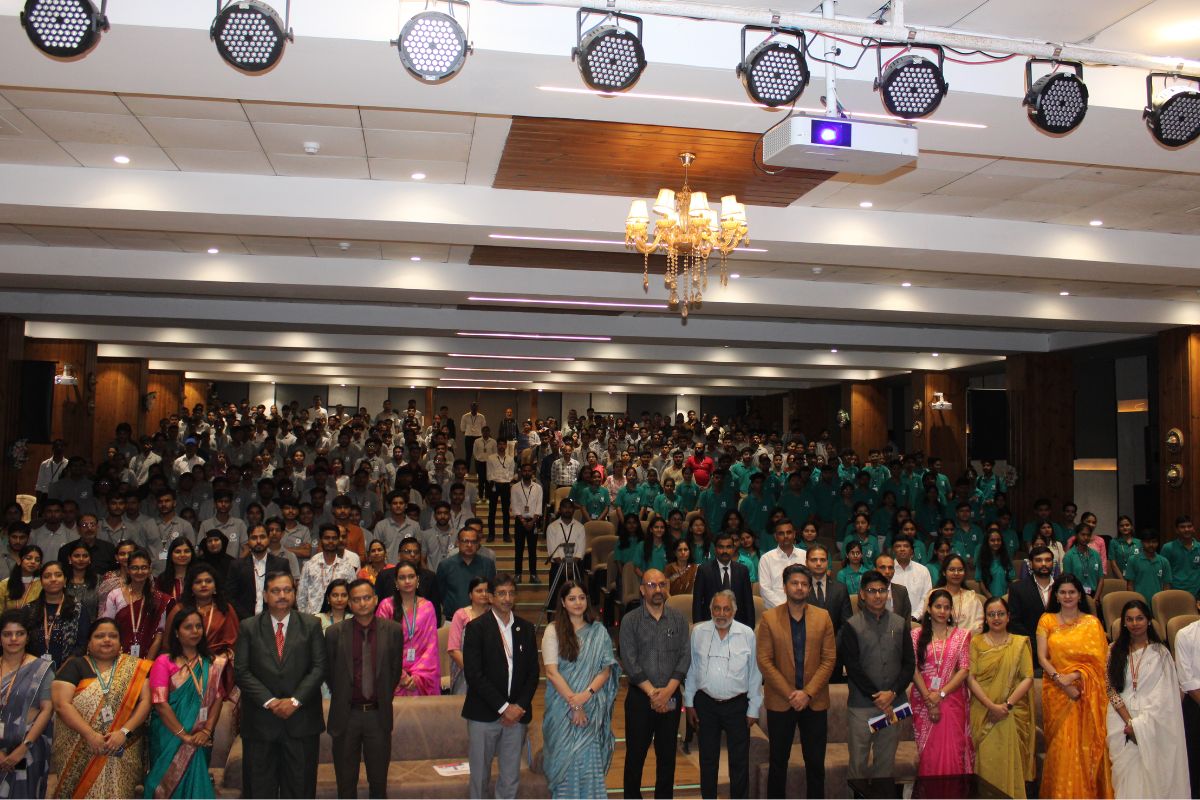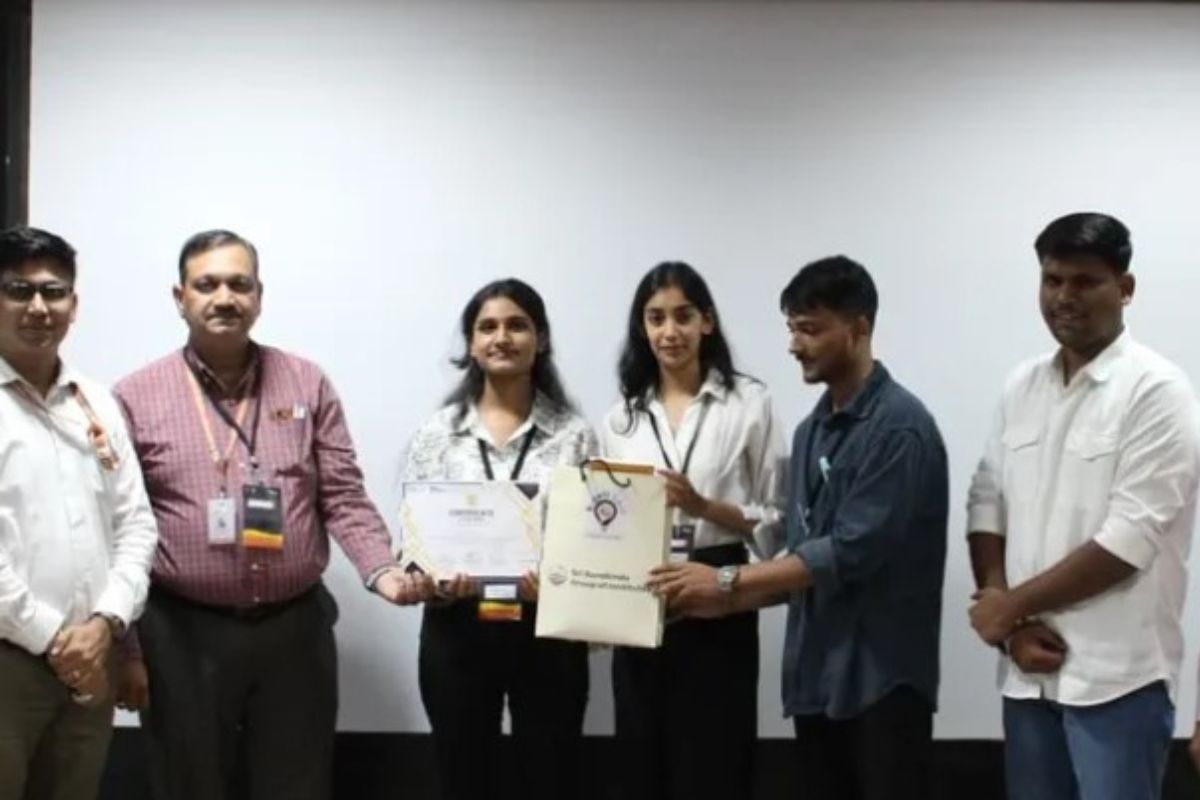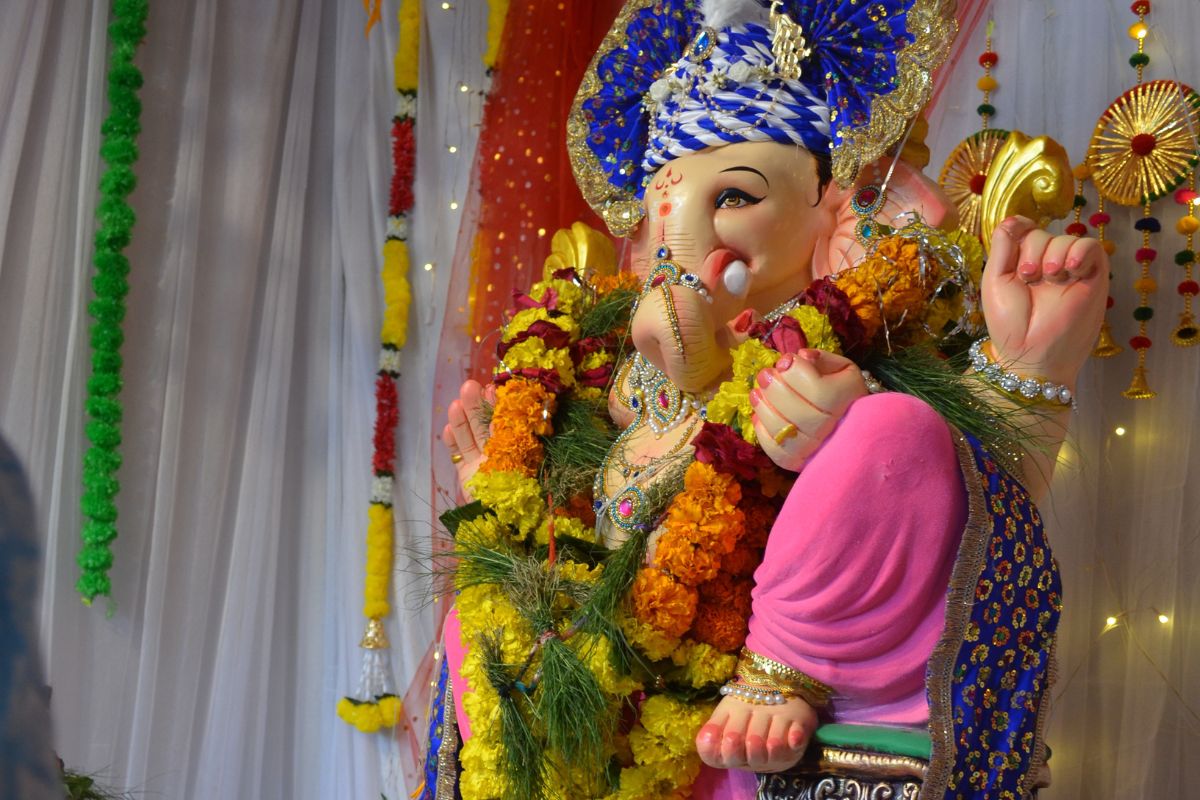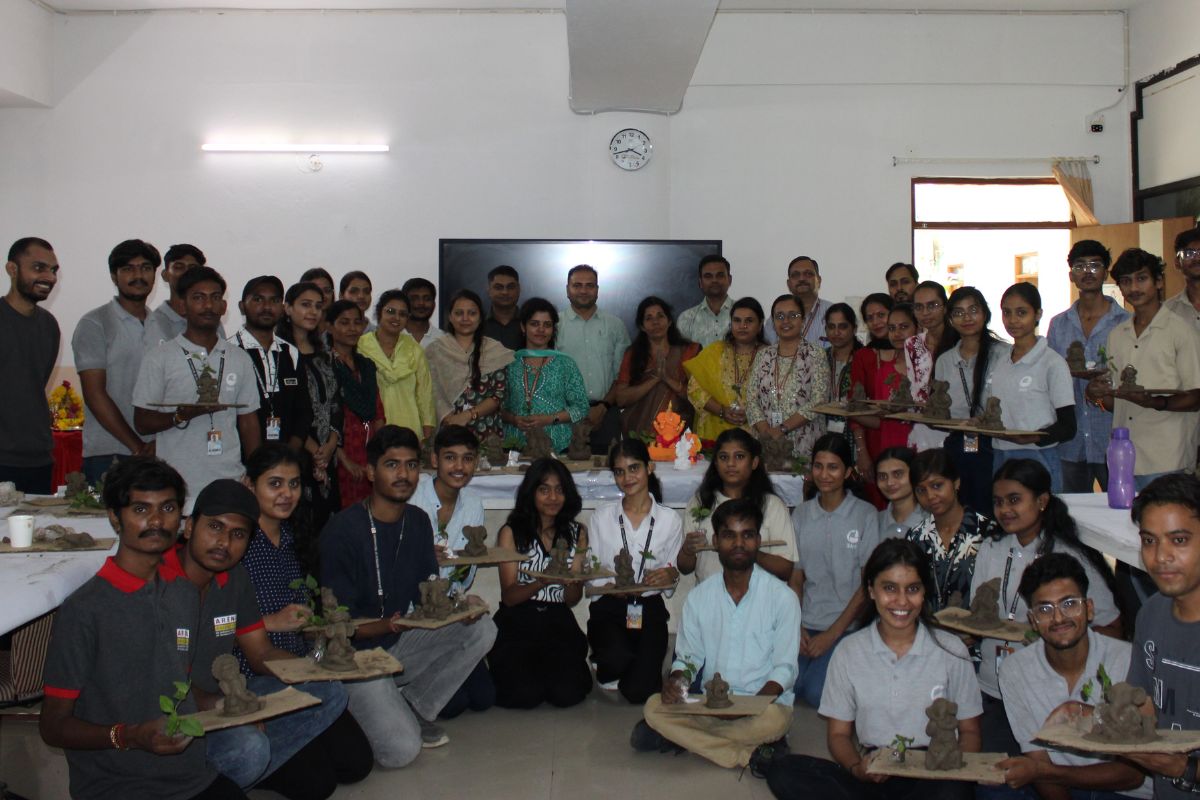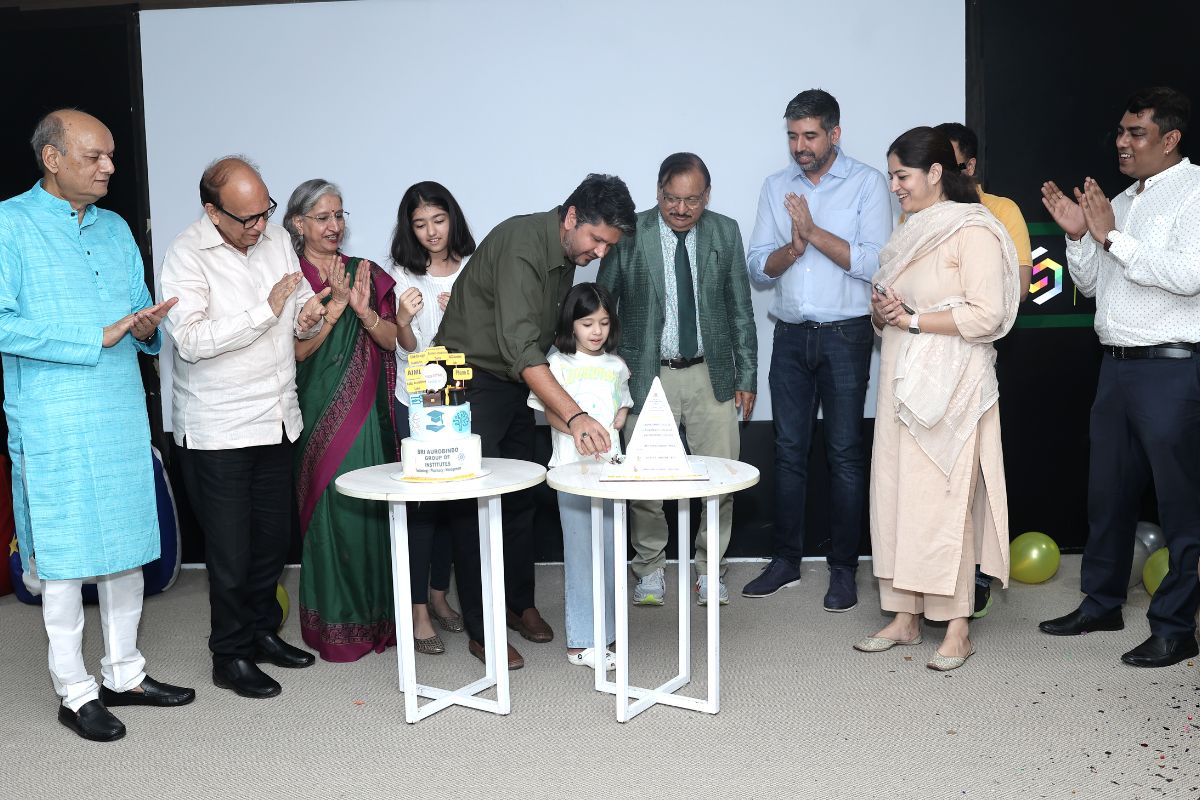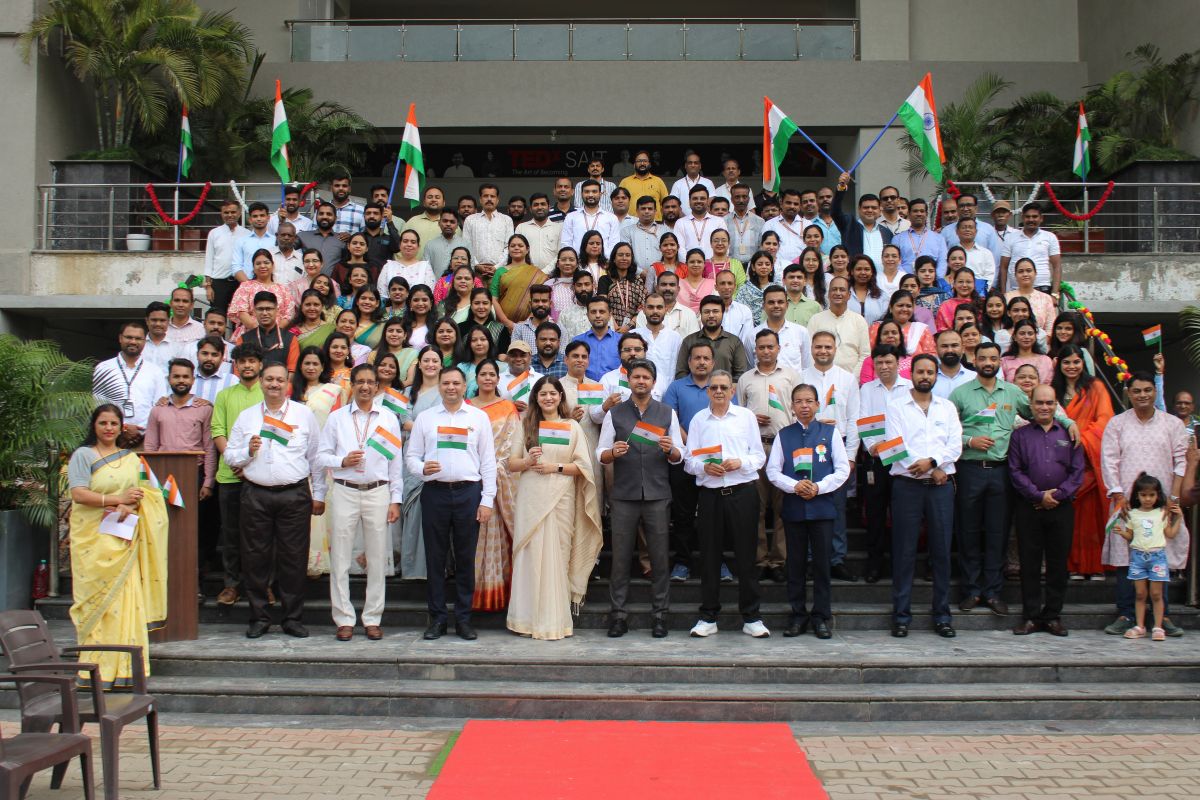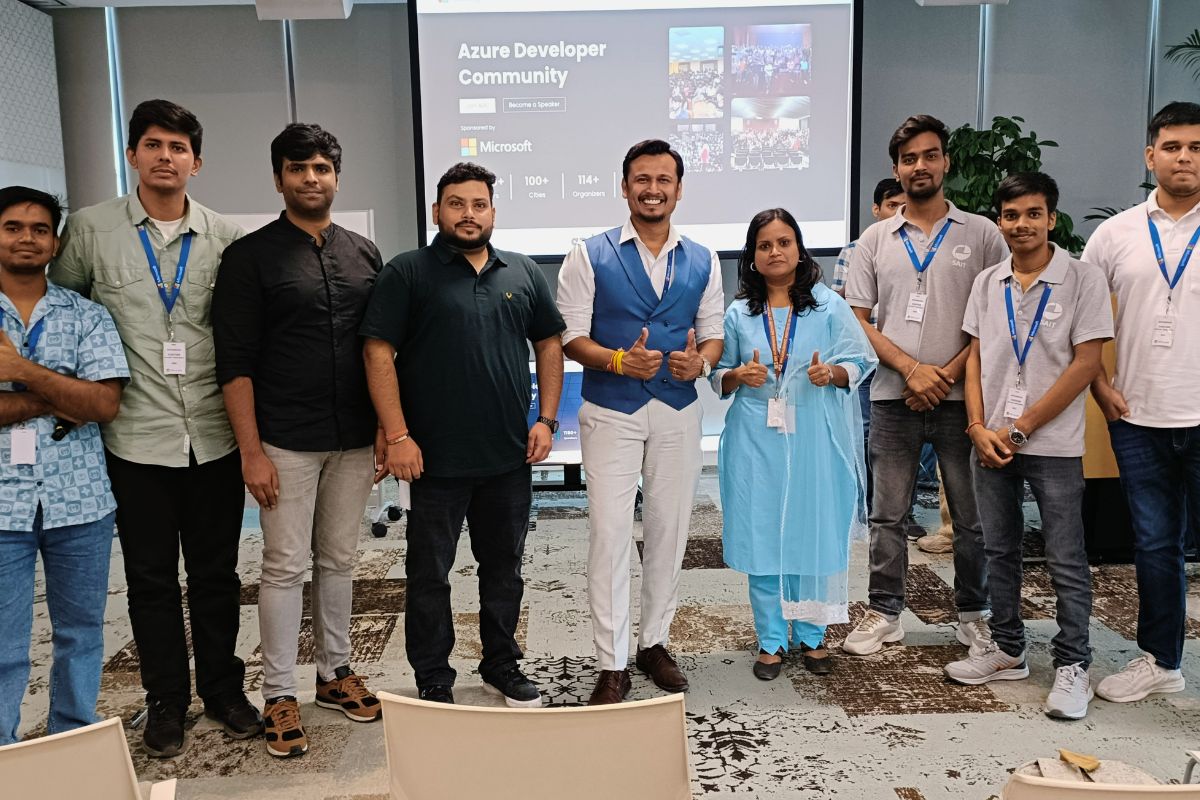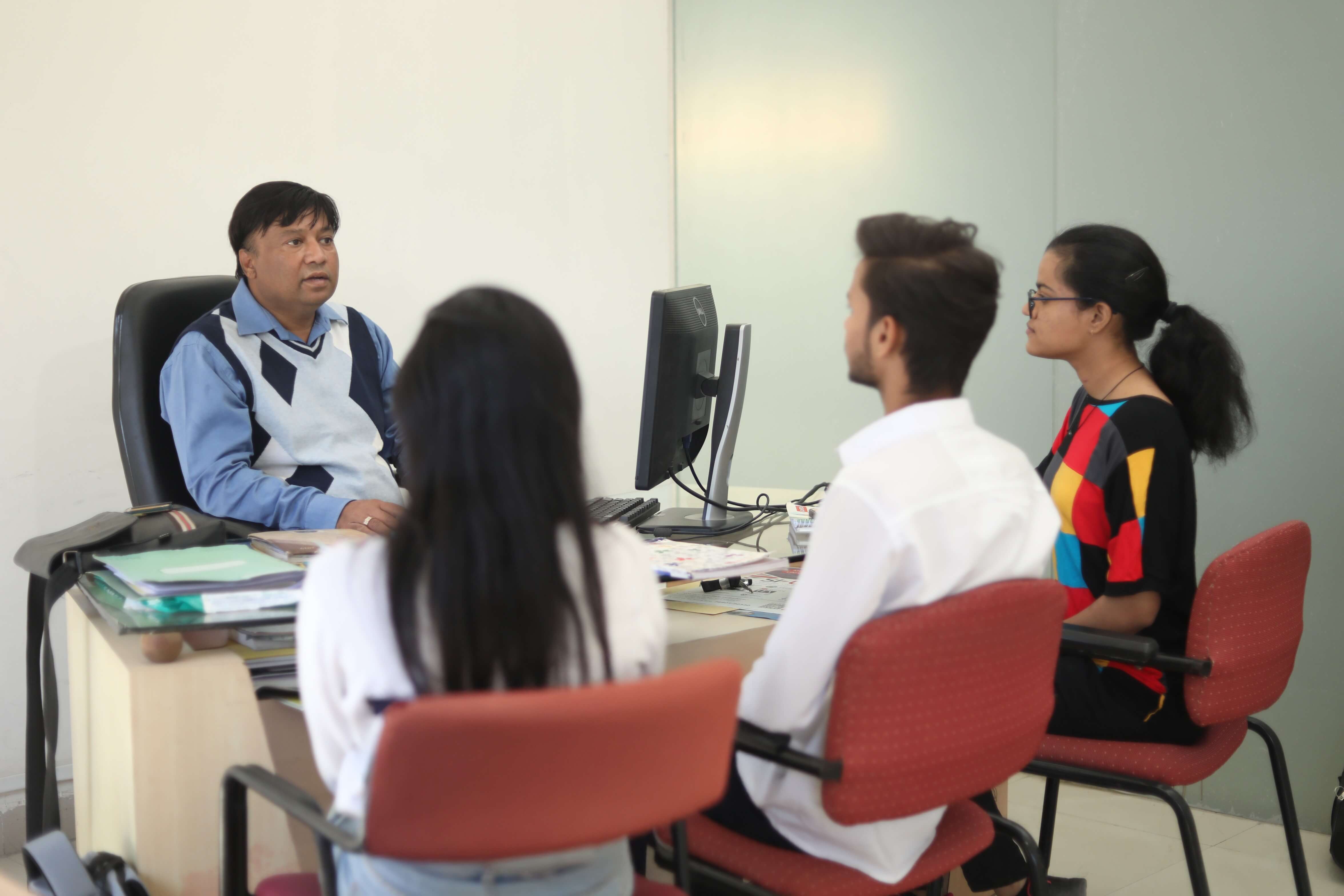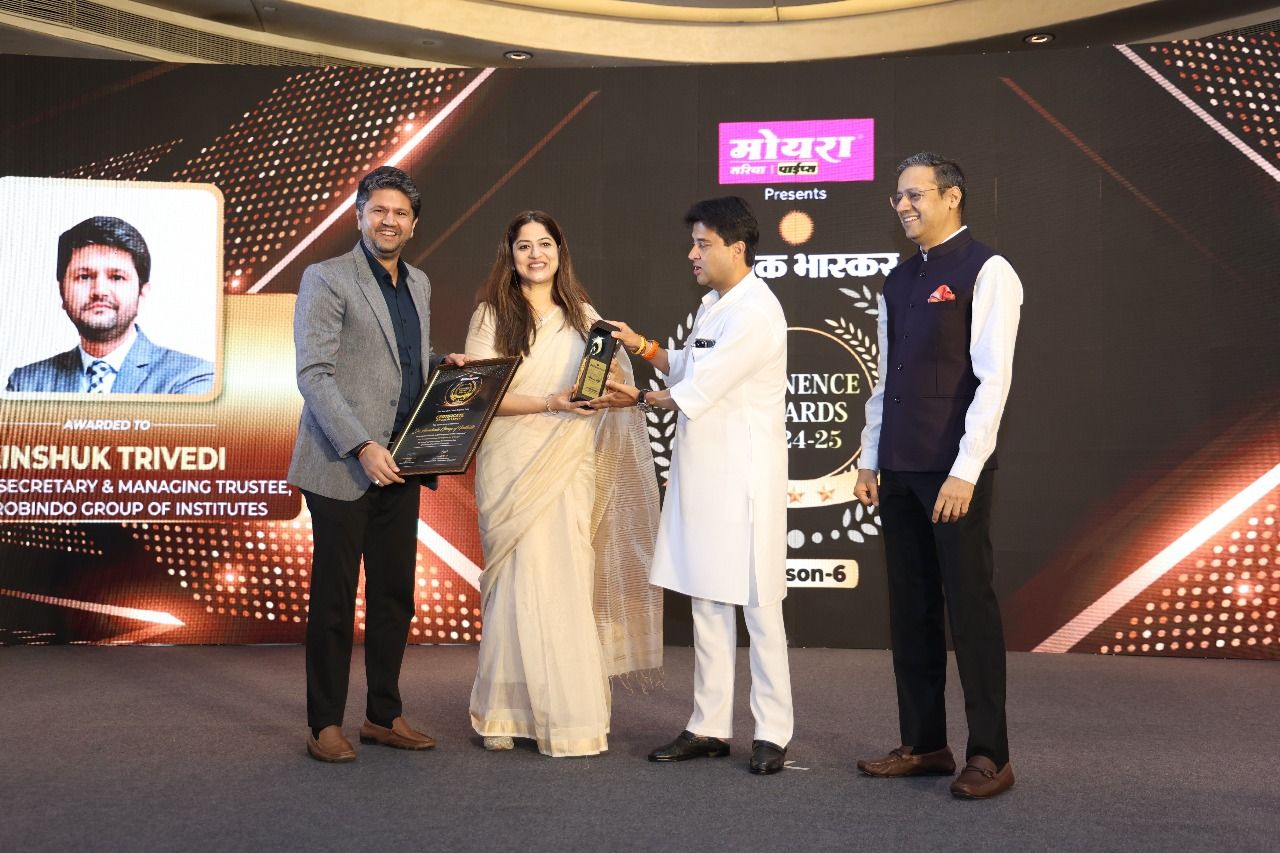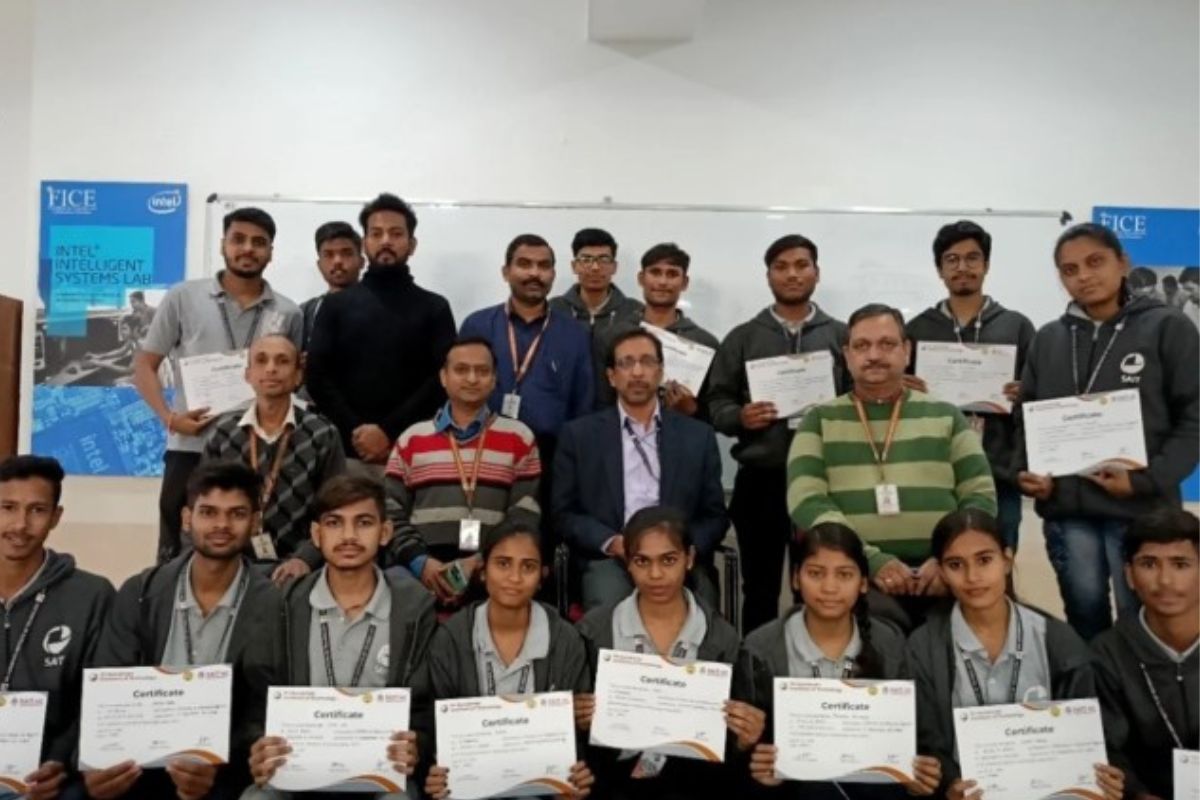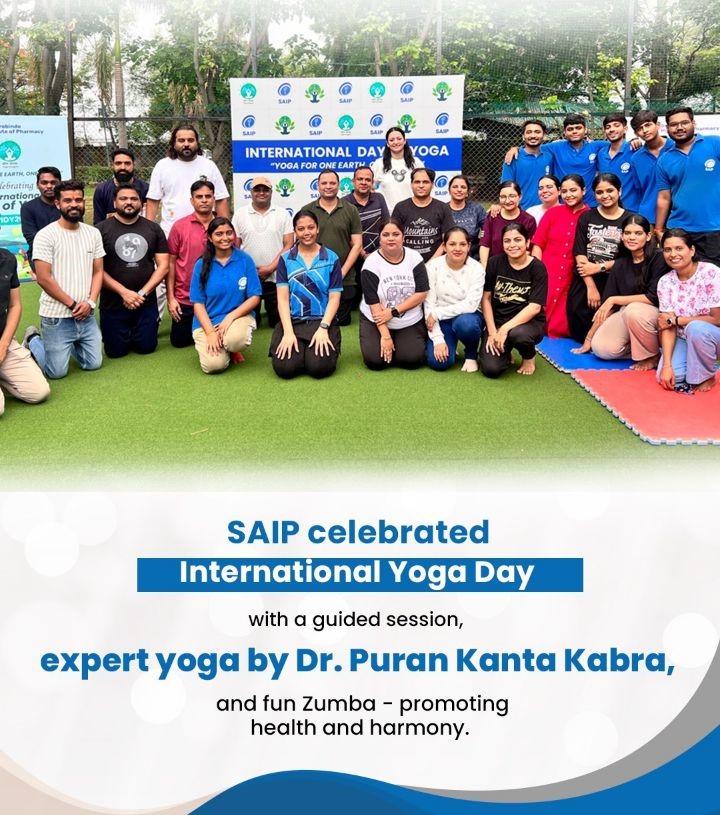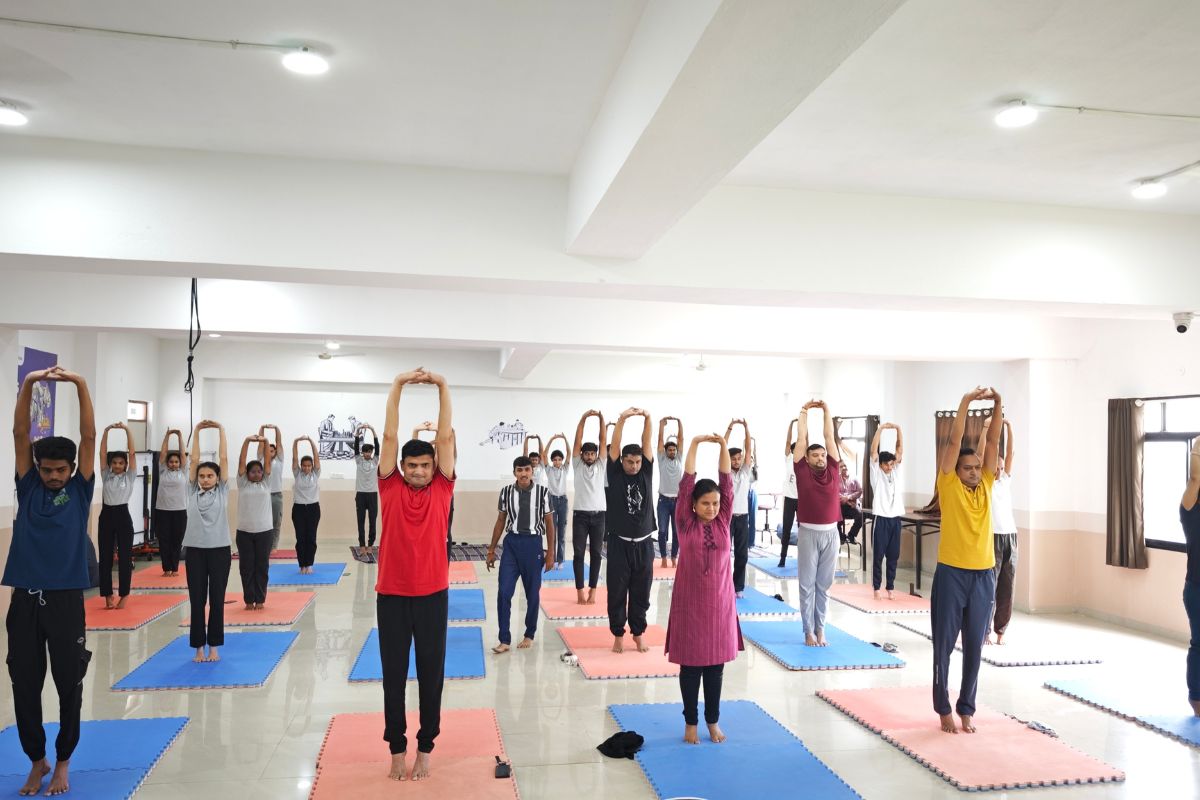Sri Aurobindo – Life, Philosophy, Works, and Legacy
Sri Aurobindo was a revolutionary, philosopher, and yogi whose vision of Integral Yoga reshaped spirituality and education. This blog explores his life, works, and legacy, and how the Sri Aurobindo Group of Institutes (SAGI) continues his mission for holistic, future-ready education
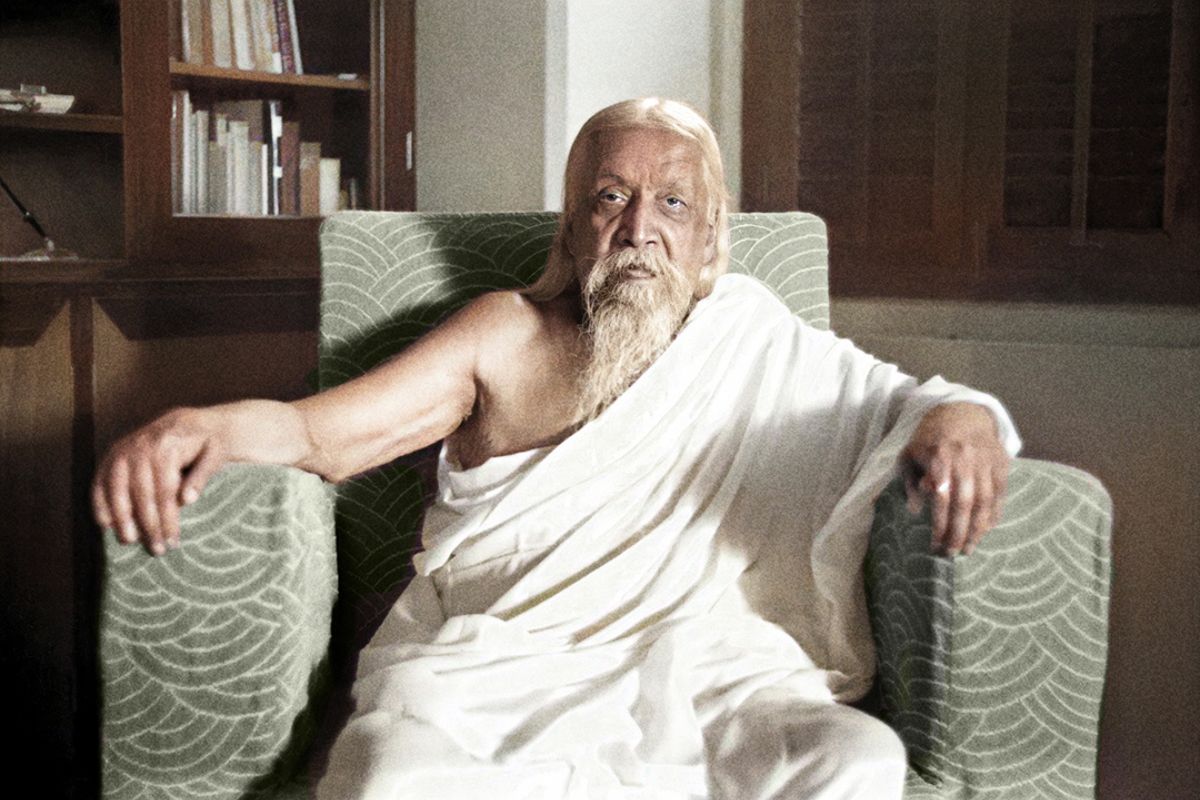
Sri Aurobindo (15 August 1872 – 5 December 1950) was one of India’s greatest minds - a philosopher, poet, yogi, revolutionary, and visionary whose life journey combined political activism and spiritual realization. He led India’s early nationalist struggle, pioneered a new spiritual path called Integral Yoga, and envisioned the future evolution of humanity.
Today, his influence continues through the Sri Aurobindo Ashram (Pondicherry), Auroville, and educational institutions inspired by his ideals — including the Sri Aurobindo Group of Institutes (Indore), which embodies his vision of integral, future-ready education
This blog presents a complete account of Sri Aurobindo’s life, philosophy, literary works, collaborations, and legacy, while also connecting his teachings to modern education.
Early Life and Education (1872–1893)
Birth: Sri Aurobindo Ghose was born on 15 August 1872 in Calcutta (now Kolkata). His birthday later coincided with India’s Independence Day (1947), symbolizing his lifelong role in freedom and transformation.
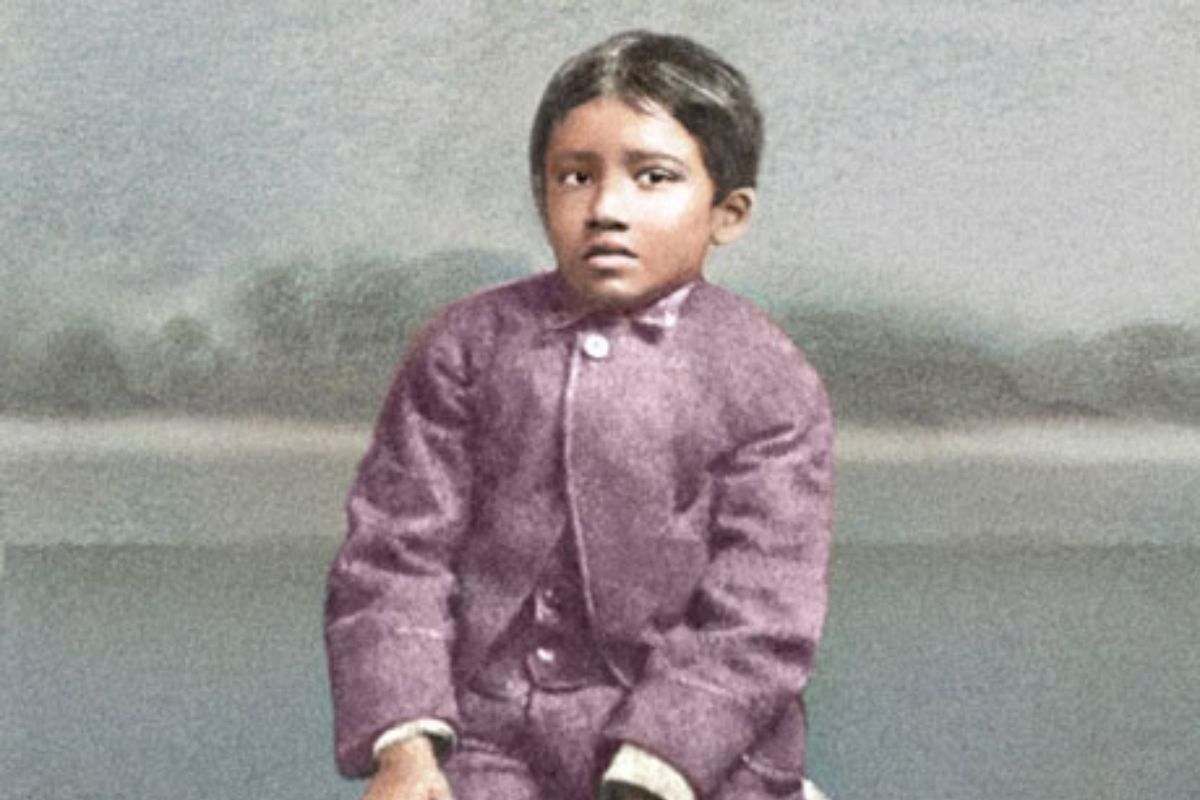
Parents: His father, Dr. Krishna Dhun Ghose, was a Western-trained physician with rationalist views. His mother, Swarnalata Devi, came from the Brahmo Samaj, bringing spiritual and cultural depth.
Siblings: He was the third of six children — including Manmohan Ghose (renowned poet), Barindra Kumar Ghose (revolutionary), and sisters Sarojini and others.
Childhood Abroad: At the age of 7, he was sent to England for education under Rev. Drewett’s guardianship.
Schooling: Studied at St. Paul’s School, London, excelling in languages and classics.
Higher Education: Later joined King’s College, Cambridge, where he mastered Greek, Latin, French, German, and Italian, alongside literature and philosophy.
ICS Attempt: He cleared the Indian Civil Service exam but deliberately avoided the horse-riding test, signaling his disinterest in serving the British Raj.
Return to India (1893)
- Returned at age 21 to work in the Baroda State service.
- Served as administrator, professor of English, and secretary to the Maharaja.
- Began reading Sanskrit, Indian philosophy, and texts like the Vedas and Upanishads.
- Built friendships with revolutionaries, planting seeds for India’s independence movement.
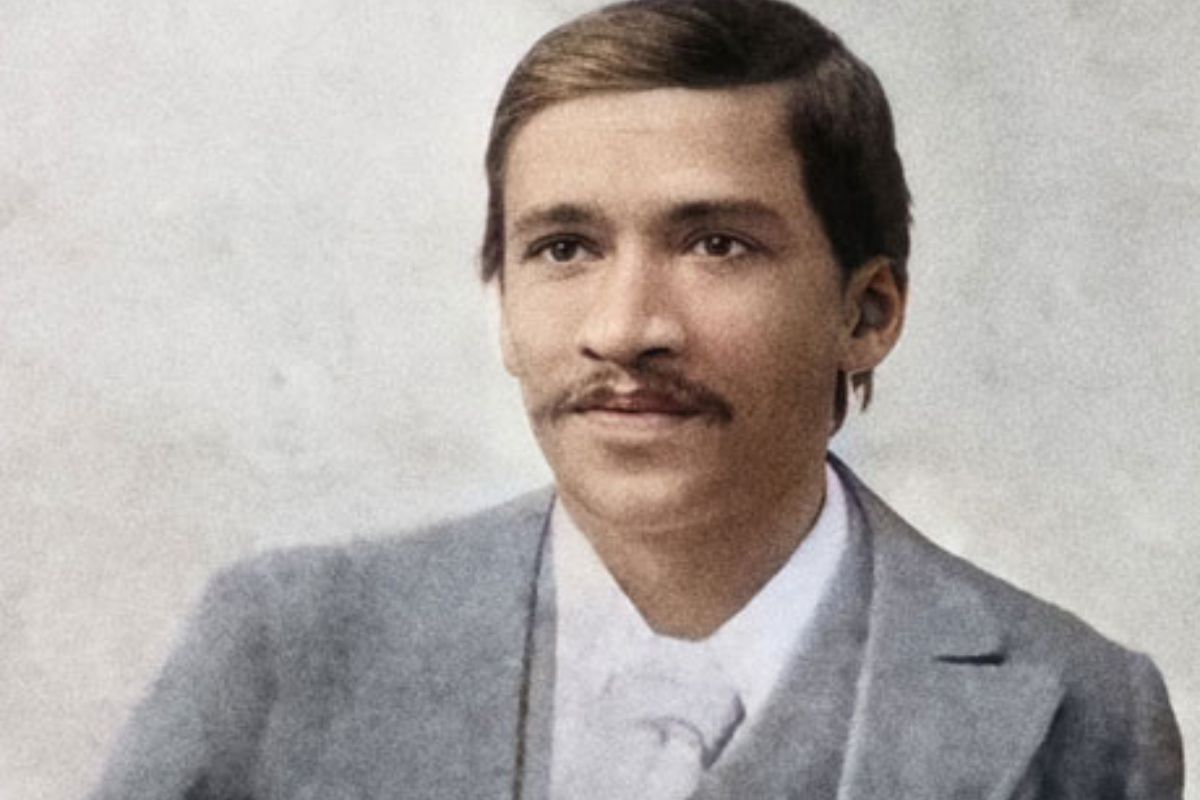
Political Career (1893–1910)
Entry into Nationalism
By the early 1900s, Aurobindo emerged as a leading voice of radical nationalism. Opposed the moderate approach of the Congress, demanding Purna Swaraj (complete independence) decades before Gandhi or Nehru.
Revolutionary Writings
Founded and edited Bande Mataram (a nationalist newspaper). His fiery articles criticized colonial rule and awakened patriotic consciousness. Later edited Karmayogin was edited, combining nationalism with spiritual ideals.
Alipore Conspiracy Case (1908–1909)
Arrested in the Alipore Bomb Case, accused of involvement in revolutionary activities with his brother, Barindra Kumar Ghose. Spent a year in jail. In prison, he underwent profound spiritual realizations, including visions of Lord Krishna.
Delivered the Uttarpara Speech (1909) after acquittal, declaring his mission: India’s freedom was certain, but his true work was the spiritual upliftment of humanity.
Shift to Pondicherry
In 1910, left politics and moved to Pondicherry (French India) to pursue yoga and spiritual research. His political withdrawal was not defeat but transformation — from freeing India to seeking the freedom of consciousness itself.
Personal Life
Marriage
Married Mrinalini Devi in 1901, arranged by his family.
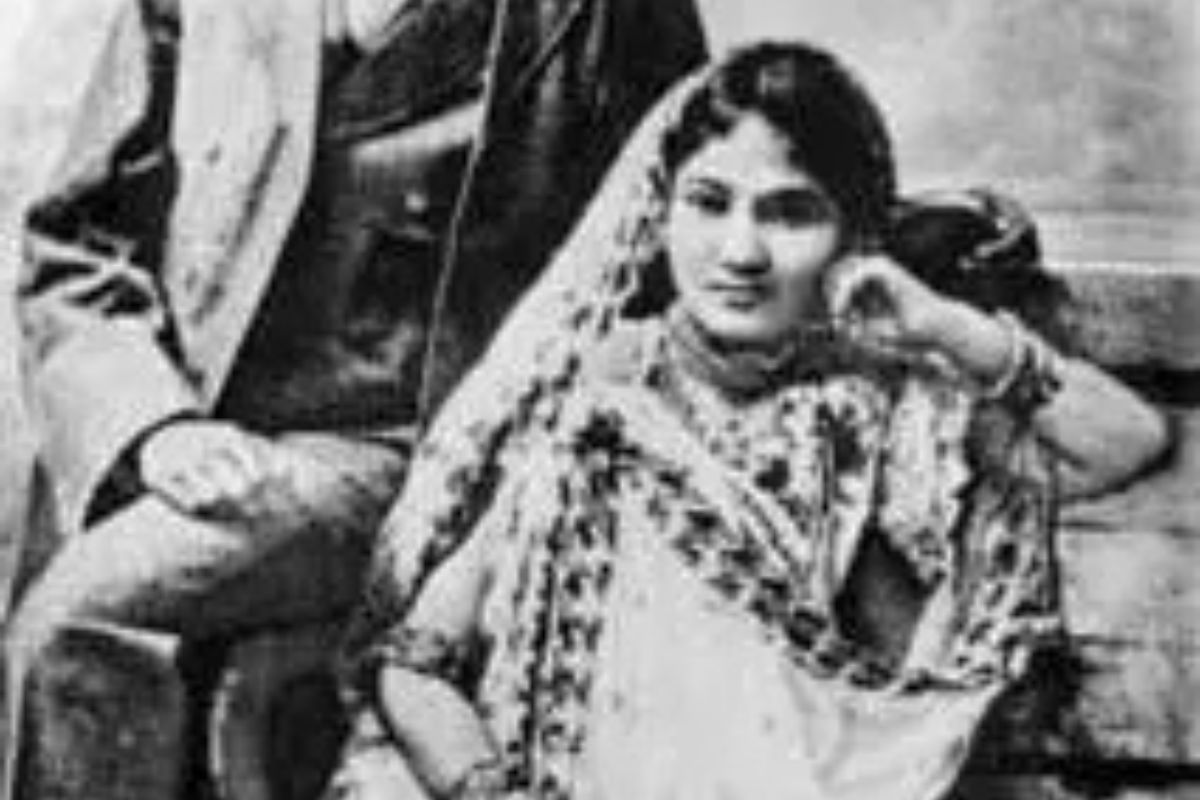
Their union was short-lived as Sri Aurobindo became increasingly absorbed in politics and spirituality.
Mrinalini Devi passed away in 1918, during the influenza epidemic.
The Mother (Mirra Alfassa)
In 1914, Aurobindo met Mirra Alfassa, a French-born spiritual collaborator.
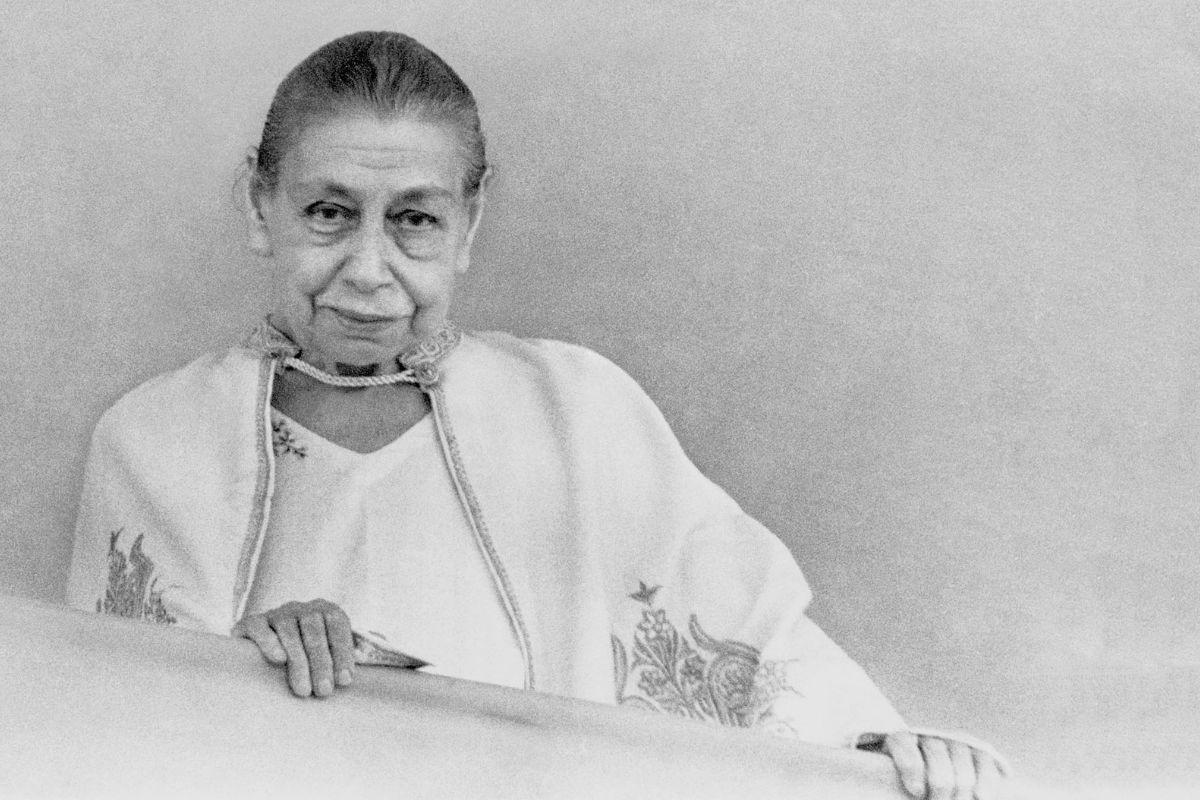
She recognized him as her spiritual master, and together they developed the vision of Integral Yoga.
Known as The Mother, she later became the guiding force of the Sri Aurobindo Ashram and founded Auroville (1968).
Integral Yoga and Philosophy
Core Principles
Sri Aurobindo’s spiritual philosophy is known as Integral Yoga, or the Yoga of Transformation.
Unlike traditional yogas (focused on liberation or renunciation), Integral Yoga embraces all aspects of life — physical, emotional, mental, and spiritual.
Its aim is the supramental transformation of human consciousness.
Humanity is not the final step of evolution — a higher being (supramental race) is destined to emerge.
Key Concepts
Evolution of Consciousness: Human beings are evolving toward higher states of being.
The Supermind: A level of truth-consciousness that can transform life on earth.
Life-Affirming Spirituality: True spirituality does not reject the world but transforms it.
Divinization of Matter: Earthly life itself can be spiritualized.
Literary Works of Sri Aurobindo
Sri Aurobindo was also a prolific writer and poet. His works include:
- Savitri: A Legend and a Symbol → An epic poem of nearly 24,000 lines, his magnum opus exploring spiritual transformation.
- The Life Divine → Philosophical explanation of Integral Yoga and evolution of consciousness.
- The Synthesis of Yoga → A comprehensive treatise on spiritual practices.
- Essays on the Gita → His reinterpretation of the Bhagavad Gita.
- The Human Cycle, The Ideal of Human Unity, War and Self-Determination → His social, political, and cultural thought.
- Numerous essays, letters, plays, and translations.
Sri Aurobindo Ashram
Established formally in 1926 in Pondicherry.
Became a spiritual community under his guidance, later led by The Mother.
A center of spiritual research and practice of Integral Yoga.
Houses Sri Aurobindo’s Samadhi (tomb), visited by thousands daily.
Auroville – The City of Human Unity
Founded in 1968 by The Mother, based on Sri Aurobindo’s vision of human unity.
Located near Pondicherry, recognized by UNESCO as an international experiment.
A universal township where people from over 50 nations live together, seeking harmony and sustainable living.
Death and Samadhi
Sri Aurobindo passed away on 5 December 1950 in Pondicherry.
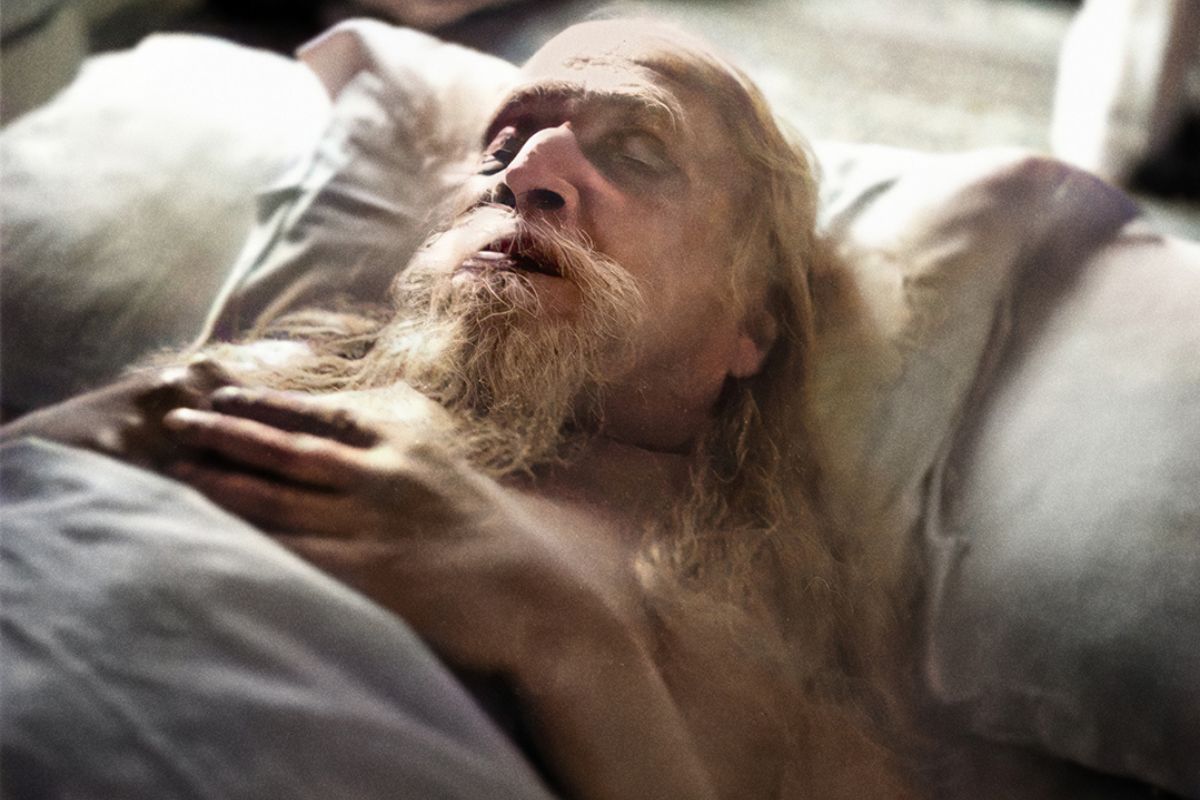
His body was placed in a Samadhi at the Ashram courtyard, where The Mother also rests today.
Legacy and Global Influence
Indian Freedom Movement: Inspired early revolutionaries; influenced leaders like Subhas Chandra Bose.
Philosophy: Considered among the greatest spiritual thinkers of the 20th century.
Education: His ideas of Integral Education inspire modern schools and universities.
Global Impact: His writings continue to influence psychology, spirituality, and education worldwide.
UNESCO Recognition: Auroville as a global experiment for unity.
Sri Aurobindo and Education
Sri Aurobindo emphasized Integral Education, which nurtures:
- Physical Development → Health, discipline, strength.
- Vital Development → Emotions, passions, dynamic energy.
- Mental Development → Critical thinking, creativity.
- Psychic Development → Inner growth and intuition.
- Spiritual Development → Connection with higher consciousness.
This holistic vision is the foundation for modern progressive education, including the Sri Aurobindo Group of Institutes, Indore.
Conclusion
Sri Aurobindo’s life was a journey from revolutionary nationalism to spiritual universality. His Integral Yoga, philosophy of evolution, and writings continue to guide humanity’s search for meaning and transformation.
Sri Aurobindo Group of Institutes (SAGI) – Continuing His Vision
The Sri Aurobindo Group of Institutes (SAGI) is one of India’s leading educational groups, inspired by Sri Aurobindo’s philosophy of Integral Education. Offers programs in Engineering, Pharmacy, Management, and Design (B.Des). Through the Center for Design Studies (CDS), it pioneers future-ready design programs integrating AI, gaming, UX, and experiential design. Combines academic excellence, technological innovation, and holistic development, true to Sri Aurobindo’s ideals. Prepares students to become leaders in an AI-driven world, balancing skills with values and creativity.
Sri Aurobindo Group of Institutes (Indore) proudly carries his legacy forward — embedding his principles of holistic, integral education into modern fields like engineering, management, pharmacy, and design. In doing so, it prepares the next generation not just for careers, but for life in a rapidly evolving world.
FAQs
1. Who was Sri Aurobindo?
A philosopher, yogi, poet, and nationalist leader (1872–1950) who developed Integral Yoga and influenced India’s freedom and spiritual renaissance.
2. Who was Sri Aurobindo’s wife?
Sri Aurobindo married Mrinalini Devi in 1901. She passed away in 1918.
3. Who was “The Mother”?
Mirra Alfassa, Sri Aurobindo’s spiritual collaborator, known as The Mother, co-founded the Ashram and Auroville.
4. What is Integral Yoga?
Sri Aurobindo’s spiritual path aimed at transforming human life and consciousness on earth.
5. What is Sri Aurobindo famous for?
His role in the independence movement, his philosophy of Integral Yoga, and his writings like Savitri and The Life Divine.
6. What is Auroville?
A universal township in Pondicherry, founded in 1968, dedicated to human unity, inspired by Sri Aurobindo and The Mother.
7. How does Sri Aurobindo inspire education today?
Through his concept of Integral Education, which develops body, mind, spirit, and prepares students for holistic growth.
